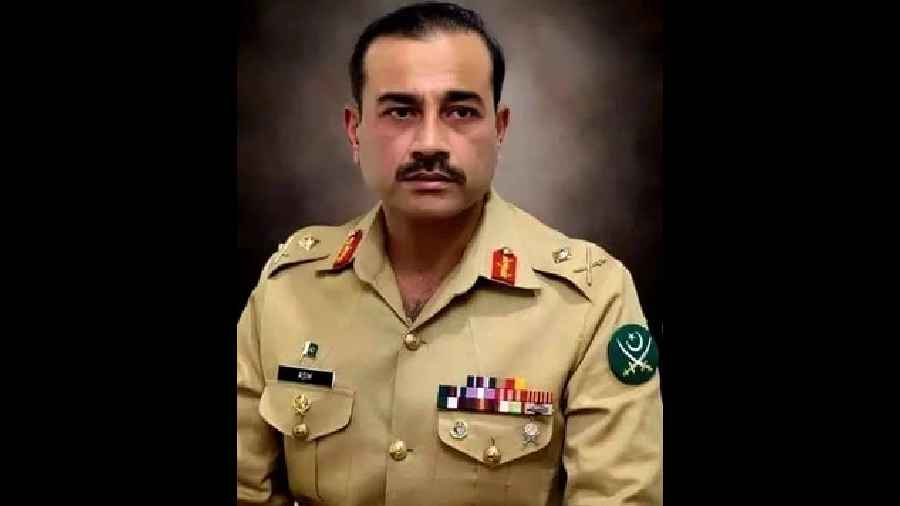Pakistan’s announcement of a new army chief last week puts an end to intense speculation over whether the outgoing boss, General Qamar Javed Bajwa, would receive another extension as the head of the country’s most powerful institution. But the appointment of Lieutenant-General Asim Munir as the new army chief is likely to deepen the political tensions that have held the country hostage for several months. Mr Munir is effectively the new sheriff in town: while in most countries, the ‘establishment’ is a term used to refer to the broad ruling elite, in Pakistan it is a pseudonym for the army that has ruled the country directly or indirectly for almost all of its post-independent journey. Political leaders and parties usually stay in power in Pakistan only as long as the military allows them to hold office. Mr Munir’s appointment represents a setback for the former prime minister, Imran Khan, whose massive protests against the current government of Prime Minister Shehbaz Sharif have shown the wide popularity he enjoys. Mr Khan had removed Mr Munir from his earlier position as head of the influential spy agency, the InterServices Intelligence, amid differences, in a decision that is believed to have injected tensions into the former cricket captain’s relationship with the military. As Mr Khan presses ahead with his demand for early elections, Mr Munir might be called upon to mediate between him and Mr Sharif soon.
India, too, will be watching the new army chief closely for any signs that reveal his priorities. In addition to the ISI, Mr Munir previously headed the Military Intelligence. He is believed to be deeply religious — a background that could both make him vulnerable to pressure from extremists on Pakistan’s payroll and, conversely, give him credibility to influence them. It is unclear which path he will choose. He has shown a willingness to engage in de-escalation in the past. The Indian national security adviser, Ajit Doval, is believed to have communicated with him in the aftermath of the Pulwama attack that pulled the nuclear-armed neighbours into brief aerial combat. Those conversations are believed to have helped in the release of the fighter pilot, Abhinandan Varthaman, who was captured by Pakistan after his plane was shot down. New tensions will invariably emerge between India and Pakistan. Mr Munir will be key in determining if and how they are calmed.











